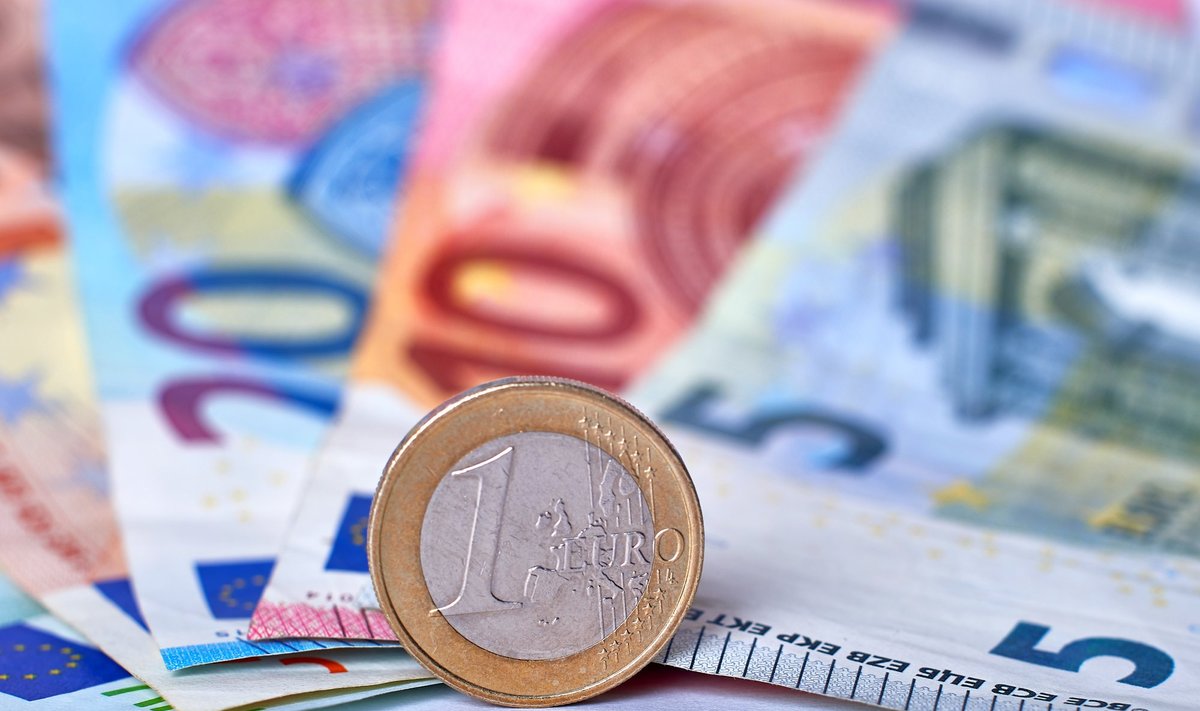The amendments were passed with 68 votes in favor, none against and 23 abstentions, and have yet to be signed into law by President Gitanas Nauseda.
Finance Minister Gintare Skaiste said the revised budget includes measures to cushion the effects of soaring inflation.
"This is the biggest anti-inflationary package in the European Union. It has to be admitted that inflation is the highest as well," Mykolas Majauskas, chairman of the Committee on Budget and Finance, told the parliament.
The government proposed the budget revision in a bid to mitigate the effects of inflation, to subsidize surging high gas and electricity prices for households, to provide aid to war refugees from Ukraine, and to maintain the railway infrastructure and national security.
This year's budget spending is being raised by around 1.47 billion euros, which will result in the deficit widening to 4.9 percent of GDP, from the earlier projected 3.3 percent.
Some 973 million euros will be spent on anti-inflationary measures, including 570 million euros to subsidize gas and electricity prices for households
The revised budget earmarks 370 million euros for Ukrainian refugees, with the bulk of the money going towards their social protection.
The 2022 state budget was first revised earlier this year to allocate extra funding for national defense. The Finance Ministry may propose another budget revision in the autumn if there are significant changes in the country's economic development.
